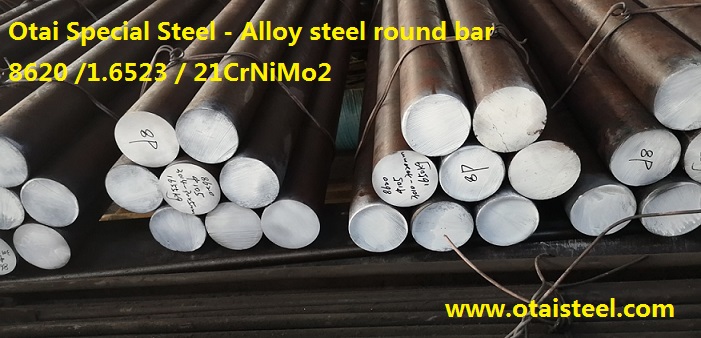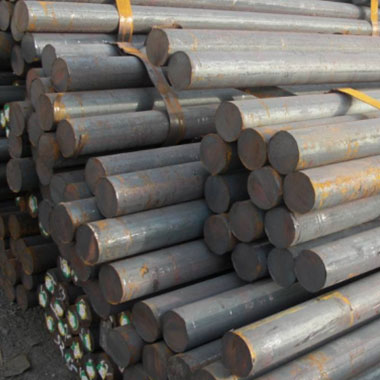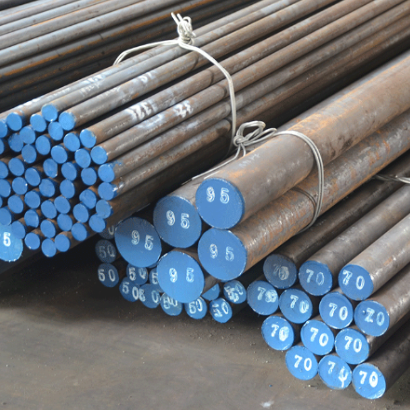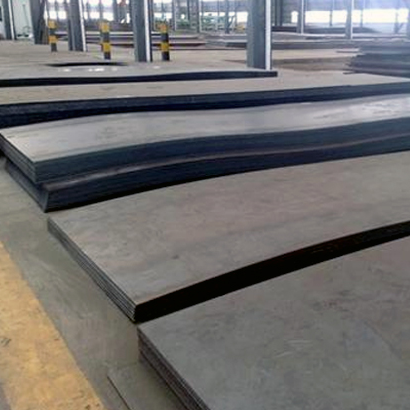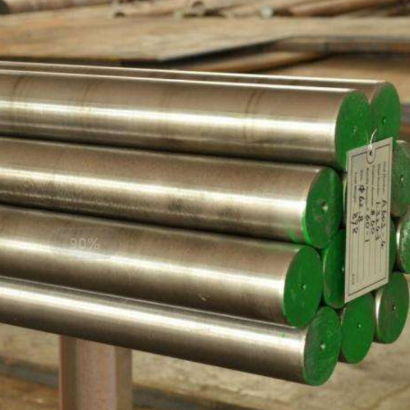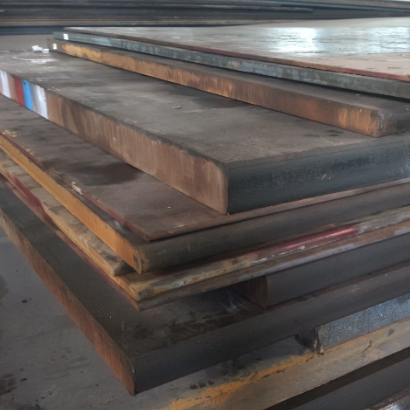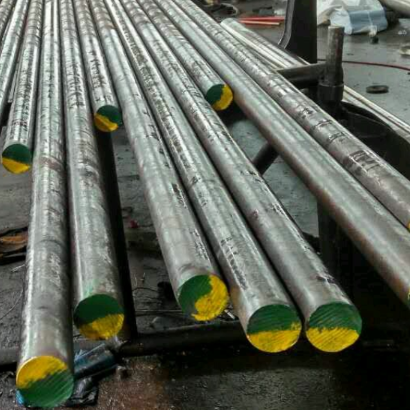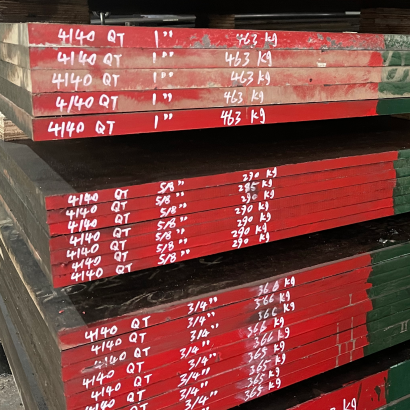Steel alloys are metal mixtures composed of iron and various other elements. These alloying elements impart specific properties to the steel, making it suitable for different applications. Both 8620 steel and 4340 steel are low-alloy steels known for their exceptional strength and toughness.
Composition of 8620 Steel
– Carbon
8620 steel contains a moderate amount of carbon, contributing to its strength and hardenability.
– Manganese
Manganese enhances the hardenability and tensile strength of 8620 steel.
– Chromium
Chromium improves the wear resistance and hardenability of the steel.
– Nickel
Nickel increases toughness and impact strength, making the steel suitable for demanding applications.
– Molybdenum
Molybdenum enhances the hardenability and strength of the steel.
Properties of 8620 Steel
– Hardness and Toughness
8620 steel exhibits a balance of hardness and toughness, making it ideal for components subjected to impact and wear.
– Strength and Ductility
The steel offers high tensile strength combined with good ductility, allowing it to withstand heavy loads without fracturing.
– Weldability and Machinability
8620 steel has good weldability and can be easily machined, making it suitable for fabricating complex components.
– Heat Treatment
The steel can be case-hardened to increase surface hardness, improving wear resistance.
Composition of 4340 Steel
– Carbon
4340 steel contains a higher amount of carbon, further enhancing its strength and hardenability.
– Manganese
Manganese contributes to the hardenability and tensile strength of 4340 steel.
– Chromium
Chromium improves the wear resistance and hardenability of the steel.
– Nickel
Nickel increases toughness and impact strength, making 4340 steel suitable for high-stress applications.
– Molybdenum
Molybdenum enhances the hardenability and strength of the steel.
Properties of 4340 Steel
– Hardness and Toughness
4340 steel offers excellent hardness and toughness, making it ideal for components subjected to heavy loads and impact.
– Strength and Fatigue Resistance
The steel has high tensile strength and fatigue resistance, making it suitable for critical aerospace and automotive applications.
– Weldability and Machinability
4340 steel has fair weldability and machinability, but it requires careful consideration during fabrication.
– Heat Treatment
The steel can be heat-treated to achieve various combinations of hardness and toughness, depending on the application.
Applications of 8620 Steel and 4340 Steel
– Automotive Industry
Both 8620 steel and 4340 steel are used in automotive components such as gears, crankshafts, and axles due to their high strength and durability.
– Aerospace and Defense
4340 steel finds applications in critical aerospace and defense components, including landing gears and aircraft engine parts.
– Oil and Gas Industry
8620 steel and 4340 steel are utilized in the oil and gas industry for components exposed to high stress and corrosive environments.
– Manufacturing and Machinery
Both steels are common choices for manufacturing and machinery applications, including shafts, forgings, and gears.
Choosing Between 8620 Steel and 4340 Steel
When deciding between 8620 steel and 4340 steel, several factors must be considered:
– Specific Application Requirements
Identify the mechanical properties needed for your application, such as strength, toughness, and wear resistance.
– Budget Considerations
Consider the cost of the steel, as 4340 steel is generally more expensive due to its higher alloy content.
– Availability
Ensure that the chosen steel is readily available in the required form and size.
Both 8620 steel and 4340 steel are excellent choices for applications requiring high strength and toughness. Their properties make them suitable for a wide range of industries, from automotive to aerospace. Selecting the right steel depends on the specific requirements of the application, budget constraints, and availability.
